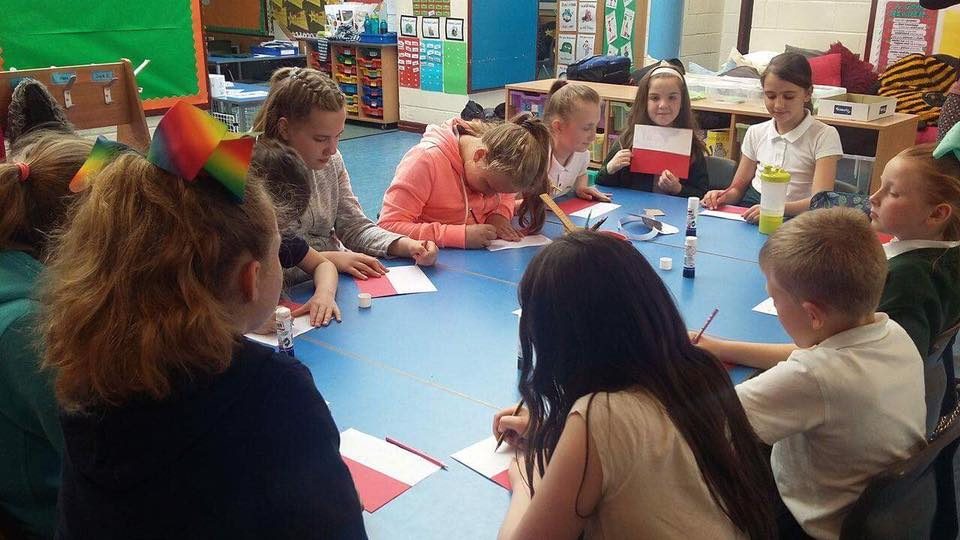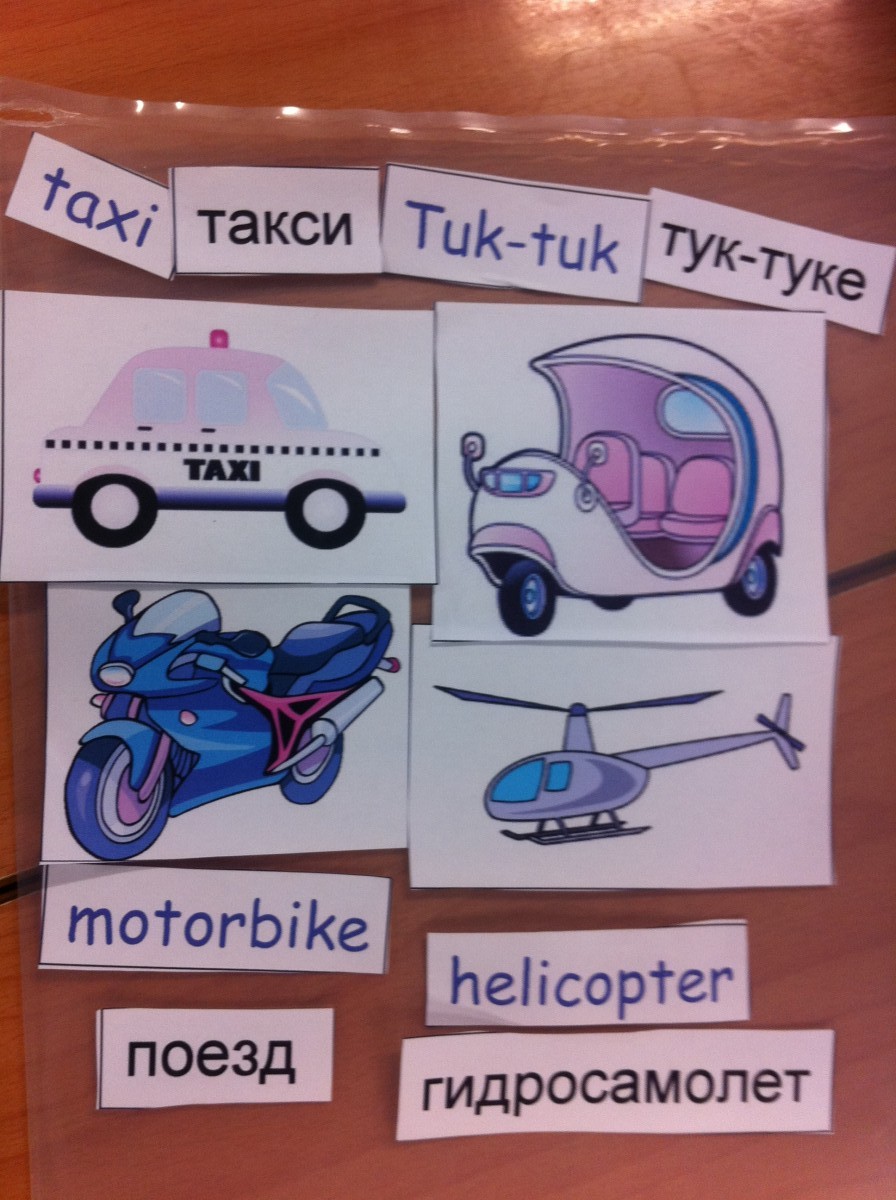Our schools in Scotland are a growing multilingual environment, where each child should have the right to learn a second language or a third one according to the 1+2 approach to modern languages.
As a matter of fact, a school in Angus is piloting a project with a Parent Group of EAL ( English as an Additional Language) which one of aims is to ensure and explore parental engagement and support the use of other languages in the school. This project also includes consideration of the role of the students’ home language(s) as part of the process of language acquisition and development.
Our project is based on school integration and social participation of parents whose children have English as an additional language in a variety of activities, such as in the classroom, playground, assemblies or school events. We understand that parents’ participation affect children’s sense of identity, belonging and their ability to make friends and cope within the new culture and ethos of the school.

Overall our schools need to start building capacity for the teaching of other languages in addition to English, as well as to develop staff confidence in teaching a modern language.


Having sampled four different languages, Polish, Russian, Sinhalese and Mandarin over four weeks the children are saying:
‘It is fun.’ ‘I enjoyed it.’ ‘I am looking forward to using the language.’ ‘I might use the words if I travel to Russia or if I meet a person who speaks the language in the school.’ ‘I felt hard how to pronounce the words’ ‘It was pretty cool.’ ‘It was tricky.’ ‘I feel pretty good sharing my language.’ ‘It is a good opportunity to learn Polish.’ ‘It is a good thing to have someone who speaks the language.’ ‘It is helpful to learn three languages.’
What are parents saying?
‘It’s very positive.’ ‘The pupils were smiling and trying to say the words.’ ‘I feel pleased to see that they were interested.’ ‘They were asking questions and they wanted to write their names in Russian.’ ‘It was amazing the questions pupils asked, ‘why do write different?,’ ‘how many letters are in Polish language?,’ ‘how many languages have you learned?’
And the teachers:
‘It was really good to have dual language books and read the same story in different languages. It is achievable and fits within 1+2 languages approach.’ ‘I enjoyed having mums in class. It gives you confidence as they can speak and read in their language and in English.’ ‘It is great to see the children so enthusiastic.’ ‘It made the class busy.’ ‘It was great to have more adults in class.’ ‘We had lots of fun.’ ‘It was exciting.’ ‘I felt relaxed.’ ‘I loved it.’ ‘It was flexible and met the interests of the pupils.’ ‘The text and the repetition of the words worked really well.’ ‘The pupils were able to pick up the language easily.’ ‘Pupils broadened their view of the world.’ ‘It is hands on through experience.’ ‘Now it is less alien to everyone.’









